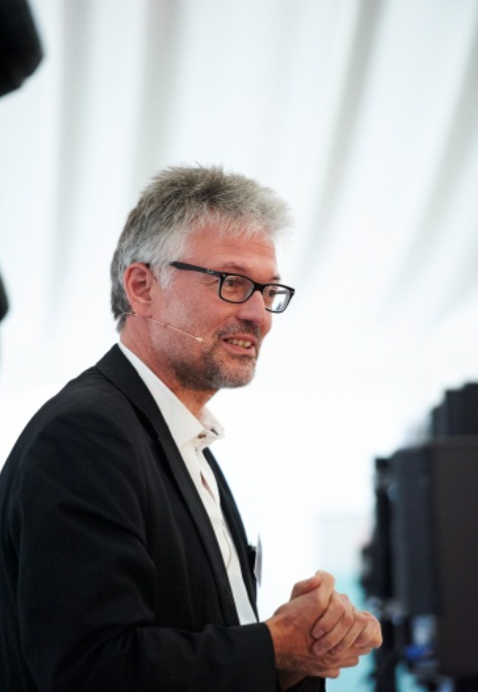Urban development in Indonesia. Expertise mission UN-Habitat
Invited by the UN-Habitat Asian Branch and the Ministry of Public Works of Indonesia, Joris Scheers acted as urban planning advisor with several national organizations in May 2014.
The City of Banjarmasin has grown and attracted economic activity due to its advantageous location as port city with access to the resource rich Kalimantan hinterland and trade routes beyond. Historically, the economy has been driven by distribution and processing activities related to resource extraction for coal, timber, and rubber. The economy is currently in transition as two of the primary industries that created jobs and sustained the local economy (rubber and timber extraction) are declining.
Banjarmasin is seeking to maintain its regional importance as a port city by improving port facilities for coal distribution and also pursuing a strategy to pursue tourism and service sectors. The economic transition has implications for land use and development along the city’s two major rivers: the Barito River, where barge facilities and a small container port are located and the Martapura River, along which several central city markets and docks are located.
To support new service sector industries and strengthen its role as a port city, Banjarmasin will need to take on new functions and upgrade infrastructure. Market renovations and dock facility upgrades are intended to strengthen city’s role as a regional trading center. The creation of a central business district will provide the necessary space to support new businesses and operations that can serve a new economy based on trade and services. To support a successful economic transition, the city will need to train workers and attract an educated workforce.
Joris Scheers assisted the city planning office with the development plan of Banjarmasin and its insertion into the regional context.
Surabaya (Java)
Surabaya, the second largest city in Indonesia, enjoys a long history of Kampung Improvement Programmes (KIPs), going back as early as 1924, mainly focusing on sanitation. In late 1960s, Jakarta and Surabaya reintroduced and remodeled KIP. Surabaya managed to develop many models, including participatory approaches in the inner city and fringe areas. KIP was re-introduced to Surabaya in the late 1960s to bring urban development closer to low-income people. This approach consists mainly of the provision of urban services to complement the housing process provided by the people themselves. KIP has five important objectives (Johan Silas, IT Surabaya):
- To strengthen and recognize the Kampungs, which house 60 per cent of Indonesia's urban population;
- To integrate the Kampungs with urban housing and services systems;
- To increase Kampung community participation and empowerment;
- To ensure the sustained improvement of the quality of life in Kampungs.
In late 1970s, KIP was implemented as a national program in all urban areas of the country. The Indonesian economic crisis of the late 1990s had little impact on the Kampungs, as shown in the 1999 national economic and social survey and the 2000 population census. In fact, housing conditions in the Kampungs were getting better. Recently, about 20 Kampungs in Surabaya have implemented the so-called Comprehensive KIP or C-KIP with encouraging results. The prospect of this approach is to strengthen and increase the role of Kampungs as means to synergise the potential of the lower income urban population.
Work sessions were organized with the public environmental and spatial planning service of the city of Surabaya. During these sessions, Joris Scheers e.a. critically reviewed the proposal of introducing the KIP as a good practice within the International Guidelines and presented the Flanders city development policy program. Several meetings were organized with academics (rector and dean of the Faculty of Architecture and Planning), local and national (director-general Indonesian Ministry of Public works) officials.
Back to portfolio
